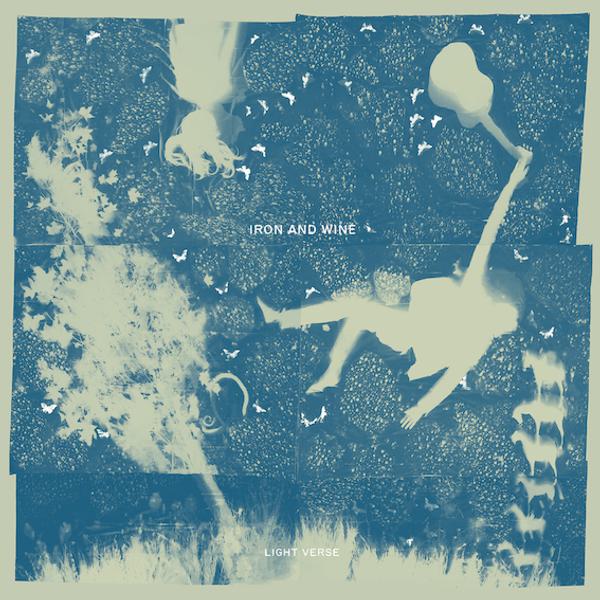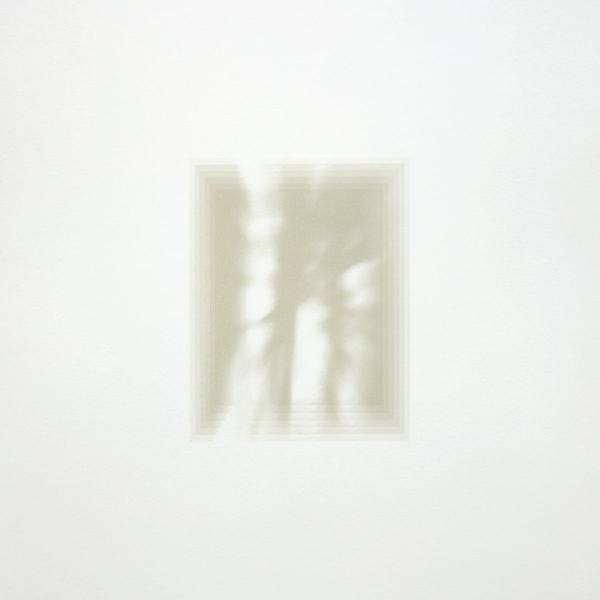Jonny Greenwood & The BBC Concert Orchestra: Steve Reich’s Electric Counterpoint, There Will Be Blood & Henryk Gorecki’s Symphony No. 3 - The Barbican, London 18/04/14
Repetition, repetition, repetition. Bar that, there’s little beyond being performed on the same stage by the same people that links the three magnificent pieces played at the Barbican for Nonesuch Records’ 50th birthday celebrations tonight (OK, they were all released on the same label), but the variety of sounds on offer is a marvellous testament to the possibilities inherent in repeating oneself nonetheless.
It starts rather humbly, with Radiohead’s Jonny Greenwood battling with his ever-cumbersome fringe to deliver a solo (though MacBook-accompanied) rendition of Steve Reich’s seminal Electric Counterpoint, a short trio of guitar pieces (“Fast”, “Slow” and “Fast”) that stretch simple patterns and pulses of notes in to unrecognisable, beautiful shapes through a series of harmonic about-turns that positively twinkle out of the speakers. The playing is as spot-on as we’ve come to expect from one of our generation’s most talented guitarists, but what leaves the biggest impression is the sheer quality of the sound in the venue, each of the many densely layered riffs being looped inhabiting its own distinct and clear space in the room, bouncing back and forth off its walls to find only receptive ears.
Greenwood returns to the stage accompanied by the BBC Concert Orchestra (conducted with charming flamboyance by André de Ridder) to perform a suite from his Oscar-nominated soundtrack to the 2007 film There Will Be Blood. While it’s certainly a slower, more grandiose performance than what preceded it, there’s some lineage to be drawn in the manner in which simplistic combinations of often only a couple of notes are bolstered in to something majestic by even the slightest of changes each time they’re repeated. The introductory swells of a magnificent “Open Spaces” exemplify the technique’s power best, giving the night its first true goosebumps moment.
All the while, Greenwood sits at the back of the orchestra, doing god knows what other than glaring intently (he’s actually playing an Ondes Martenot - an early electronic instrument - but it’s not easily visible). It’s been said before that his way of composing for strings is similar to his way of playing guitar – more wary of allowing space for big, open, major chords than he is of placing notes together that border on discordance rather than harmony. I think that’s a fair assessment (one which is added weight during “Proven Lands”, when everyone has their instruments on their laps, strumming them like they are actually guitars), but what comes across tonight – to an admittedly under-trained ear – is how much more is actually going on. Close your eyes and you’d swear you can hear brass, woodwind, saws… but no. Strings. All is strings. The clever lad’s fucking with you, but when he plays it safer and lets them sound like a relatively normal orchestra, it’s done with a gentle menace that’s equally mesmerising. With OK Computer, Kid A and In Rainbows under his belt already, tonight makes a convincing case for There Will Be Blood being counted as another Greenwood masterpiece.
What do people who actually know more about contemporary orchestral compositions than they do Radiohead (i.e. not me) think about all this, though? Is making the BBC Concert Orchestra play two notes over and over and strum a viola like a bloody guitar a thing of sacrilege? Is Greenwood a Jonny come lately, a fraud, a philistine even? You’d have to ask them. But even though the night’s final piece, Henryck Gorecki’s highly celebrated Symphony No. 3, is clearly born of a very different composer, they seem to me ideal candidates for sharing a billing.
The repetitive element to Gorecki’s ‘Don’t Call It A War Symphony’-Symphony doesn’t come from loops or grooves, but in the form of three laments exquisitely delivered by soprano Jessica Rivera. While the orchestra - now bolstered with a harp, piano, woodwind and brass sections – slowly mutate some of the slowest, saddest melodies I’ve ever heard in to ever slower, sadder ones (it’s not referred to as the “Symphony of Sorrowful Songs” for giggles, mate), Rivera muses in Gorecki’s native Polish of a mother’s pain at losing a child, the horrors of the holocaust and a child’s despair at separation from their parents. Whilst it might not be comprehensible to a non-Polish speaking luddite such as myself, the emotion in the piece is palpable, the reiteration of the phrases and torturously gorgeous, cyclical nature of the string arrangements combining to provide a harrowing but beautiful end to an evening that rewarded most those who were open to getting lost in its charms.
- Photo by Howard Melnyczuk. See the full gallery here.
- Wu-Lu unveils new single "Sinner" and announces free EP launch party
- Our Girl sign to Bella Union and release new single, "Relief"
- Softcult share "One Of The Pack" as final preview of forthcoming EP
- Bat For Lashes shares a cover of DJ Baauer's "Home"
- Mabel returns from two year hiatus with "Vitamins"
- Ella McRobb signs to Gravity and shares new single, "Slow Motion Heartbreak"
- Florence + The Machine announces 'Symphony of Lungs' for BBC Proms 2024
Get the Best Fit take on the week in music direct to your inbox every Friday
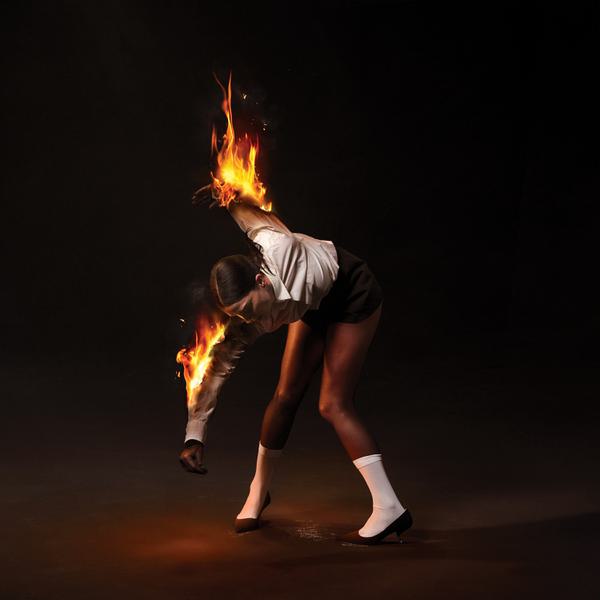
St. Vincent
All Born Screaming
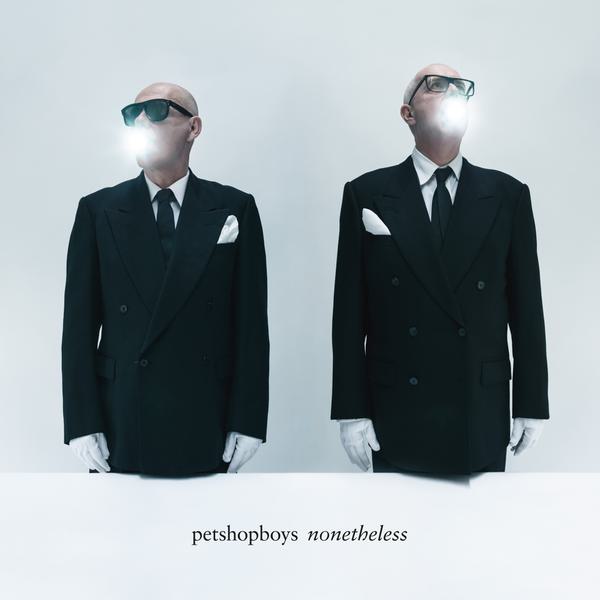
Pet Shop Boys
Nonetheless
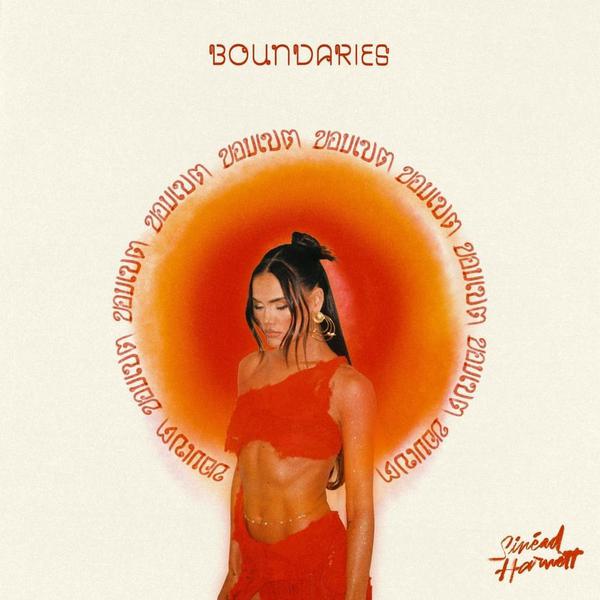
Sinéad Harnett
Boundaries
